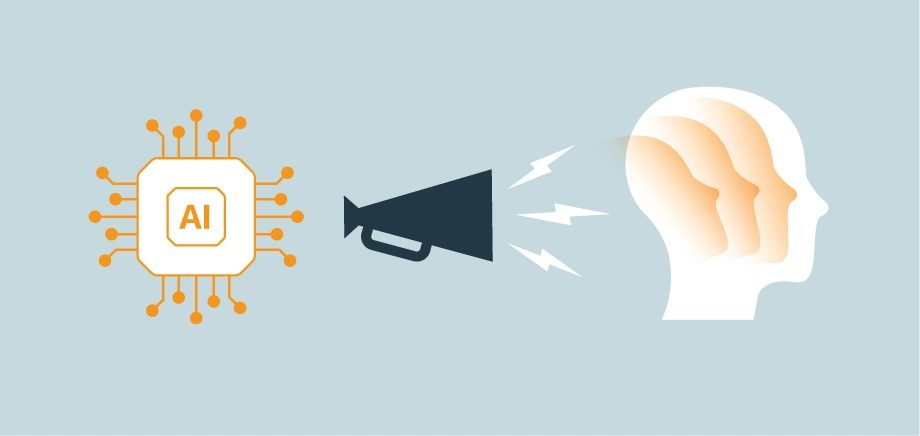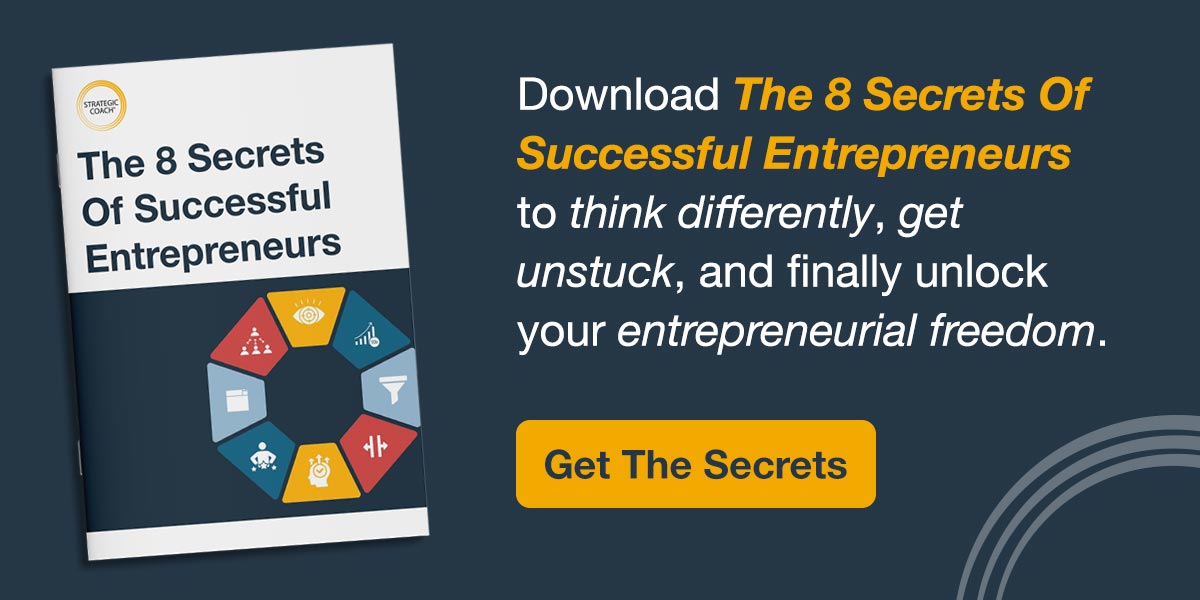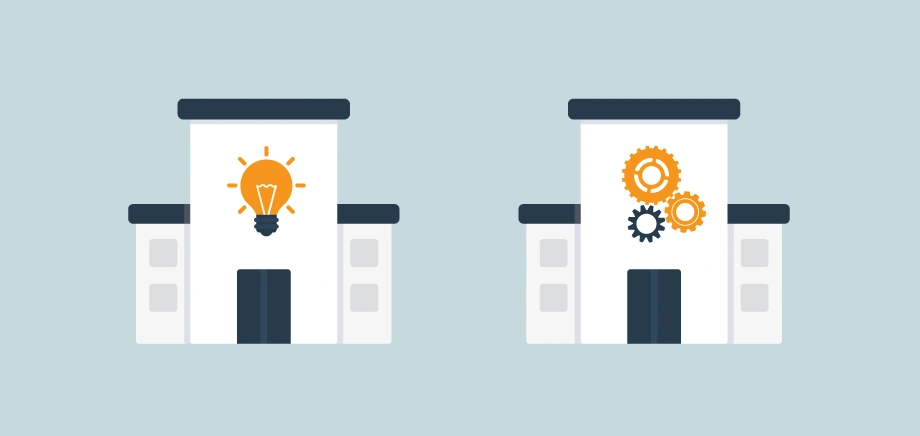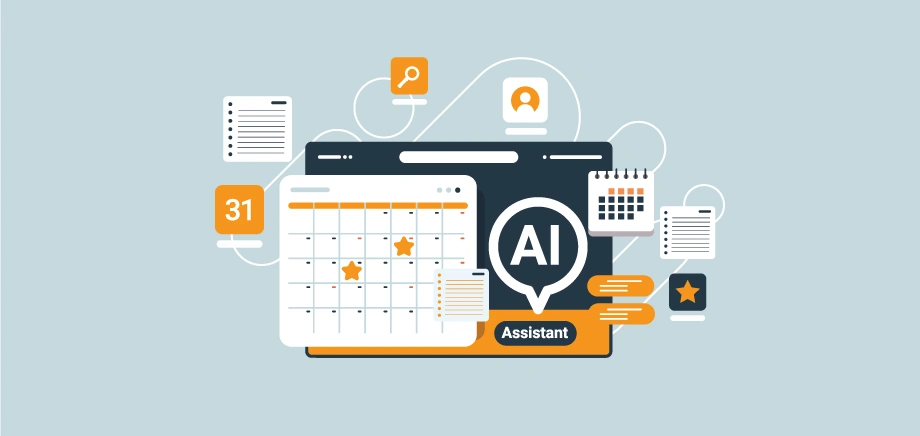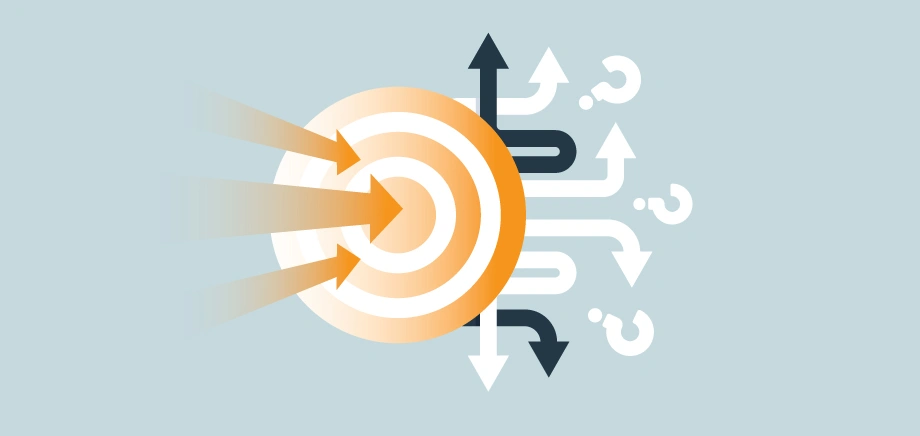How AI Is Becoming Your “Future-Self Amplifier”
AI isn’t just making us more efficient. It’s helping us discover who we are.
I realized this during a recording of the Capability Amplifier podcast with Mike Koenigs, where we started by exploring AI-driven productivity tools, and our conversation turned into something much deeper.
Before our discussion, Mike used AI to analyze my writing style and approach. It described me as optimistic, encouraging, supportive, and genuinely interested in being useful to others, drawing this conclusion from patterns it detected in my decades of work.
I appreciated this analysis, and I realized that I want to be that person in the future as well.
Technology is trying to keep up.
This led me to a powerful realization: technology is trying very hard to keep up.
And what’s technology trying to keep up with?
You!
See, the human brain is the most complex organ in the universe. There’s nothing that matches the combination of synapses in your brain. Even if you were to put all the detectable galaxies and stars together, they still would not be as complex as what’s between your ears.
And another thing: when you’re using your brain to its fullest extent, you’re only consuming about as much electricity as a 20-watt light bulb. Compare that to the massive data centers and processing power required for AI systems.
We’re profoundly efficient.
But the most important thing? Human thinking at the level of consciousness is completely undetectable because it’s entirely subjective.
The real difference between you and Big Data.
Big Data, at its very best, can predict what happened yesterday. Your consciousness, on the other hand, produces new aspirations and motivations daily in response to what’s happening in the world. In essence, you’re creating tomorrow while Big Data is trying to understand yesterday.
This is the way it was 200 years ago. This is the way it is today. And this is the way it will be 200 years from now.
Technology will continue to try to keep up with you, but it will never fully catch up. What it can do, however, is become increasingly useful to you.
AI as your personal mirror.
When I used AI to research my writing style and philosophy, something profound occurred. The AI became like an infinitely dimensional mirror, reflecting patterns and insights about who I am based on my body of work.
I had some fun with this, asking Perplexity to analyze my books as compared to the philosopher Plato. I asked, "What are 10 differences between the philosophy of Strategic Coach’s Dan Sullivan and the Greek philosopher Plato?" The result was fascinating. Where I’m optimistic and encouraging, Plato is actually quite manipulative. Where I understand entrepreneurship and am a leading authority on the subject, Plato knew nothing about it.
We have the power to discover who we are by interacting with AI as a personal mirror, not as a replacement for who we are or what we stand for in the world.
The science of self-knowledge.
Here’s what I’ve learned about knowing oneself: You don’t truly know yourself unless what you know about yourself allows you to predict your future behavior.
This is the science of self-knowledge, and real science has predictive power. For example, you press a light switch, and the light goes on. That’s predictable.
Most psychology and self-help approaches can only explain what happened in the past. But when AI analyzes your patterns, capabilities, and approach and shows you who you’ve consistently been, you can use that knowledge to predict and shape who you’re going to be in the future.
This is much more powerful than traditional psychology because it’s based on evidence of who you actually are, not theories about who you might be.
Your happiness intelligence.
Beyond AI and science, I want to let you in on a little secret: I’m getting happier—and I think it’s connected to this increasing self-knowledge.
Happiness is a function of intelligence, of understanding how things fit together, and, in this case, understanding my patterns and capabilities.
I believe that when you see yourself clearly and understand your unique value and approach, you become more confident about your future. You can predict your success because you understand the patterns that create it.
So, my theory is that when the puzzle pieces click in your mind, you get happier as a result.
Moving forward with AI.
Ultimately, I’m not afraid that AI will replace human creativity and consciousness.
Rather, it has the power to amplify it.
Entrepreneurs who thrive will leverage AI not to do their thinking for them, but to better understand their own thinking, recognize their patterns, and clarify the unique value they create.
When used in this way, AI has the power to uncover forgotten stories about yourself and identify themes in your work that you may have stopped noticing. It can reflect to you the person you’ve been at your best and help you step up and be that person more consistently in real life.
Yes, technology is trying to—and will continue to try to—keep up with your ever-evolving consciousness, but you’ll always be one step ahead, creating new possibilities that didn’t exist before.
So, the question isn’t whether AI will make you obsolete.
The question is: how will you use AI to become more yourself?
Just as AI helped me see my own patterns more clearly, my free guide, “The 8 Secrets Of Successful Entrepreneurs,” reveals the thinking patterns that 20,000+ entrepreneurs use to build self-managing businesses and focus on what they love. Get your copy below.
